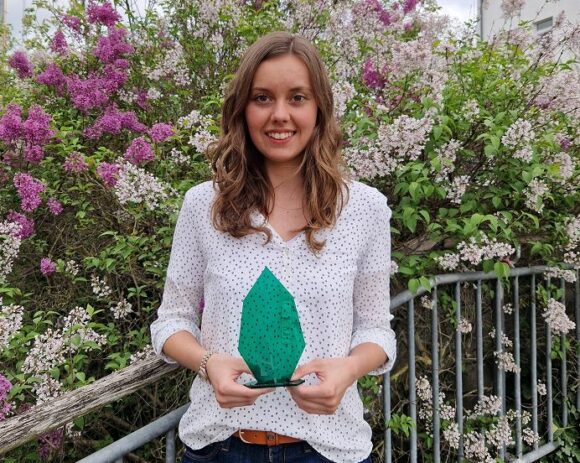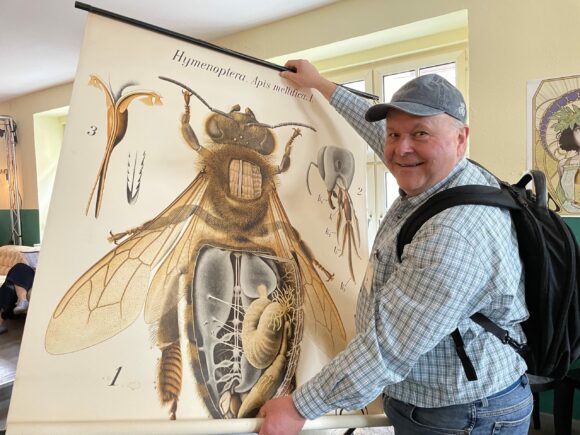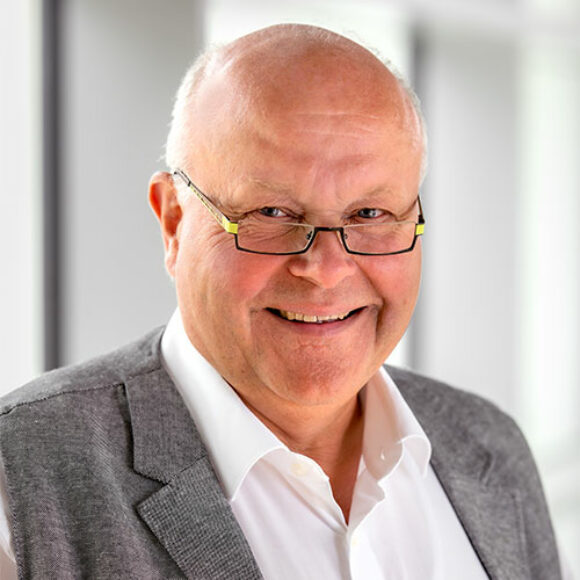The first of a total of 15 so-called citizen research projects funded by the German Federal Ministry of Education and Research (BMBF) for a period of up to four years were launched in mid-January. One of them is a project at Hof University of Applied Sciences, which focuses on research into rare diseases and is being supported with around EUR 600,000. In citizen science projects, citizens become researchers themselves by contributing their expertise and experiential knowledge. In the process, they learn first-hand how science works. At the same time, science gains access to new ideas, perspectives and data.
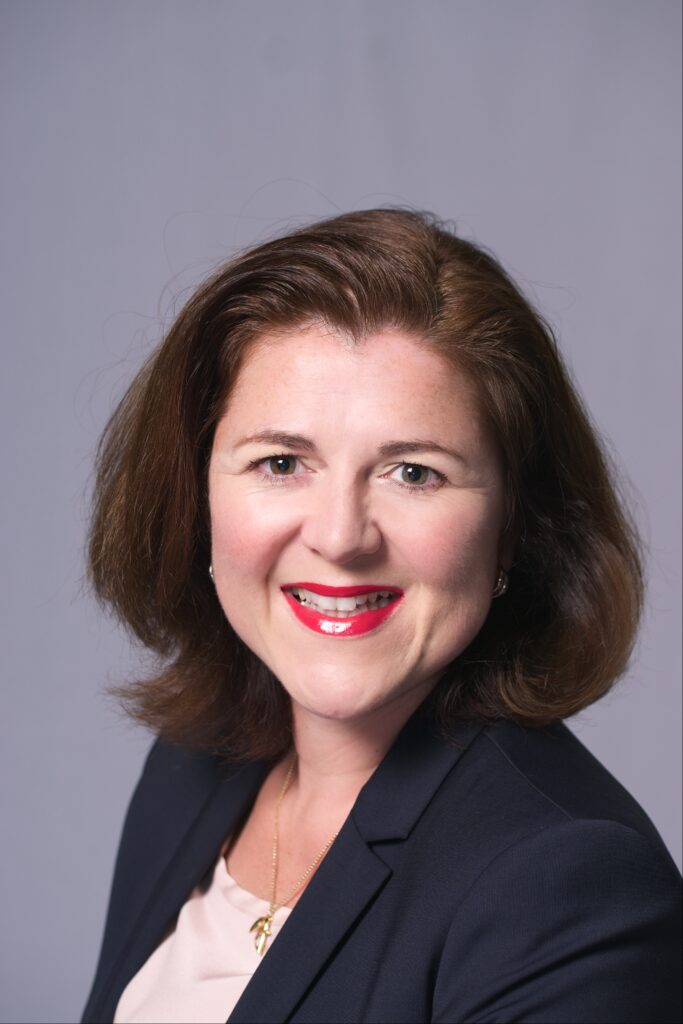
“SelEe – Seltene Erkrankungen bürgerwissenschaftlich erforschen” (SelEe – Rare Diseases Research by Citizen Science) is the name of the research project coordinated by Hof University of Applied Sciences, which will start in April and is now receiving funding from the German Federal Ministry of Education and Research. Professors Beatrix Weber and Jörg Scheidt, who are responsible for the project in Hof, describe their task as follows:
Can citizen science research be used to gain new insights in the field of rare diseases – for example, about the prevalence of the diseases or about the extent to which symptoms differ among different population groups? And can the research process be largely determined by citizens – especially those affected – in the process?”
Prof. Dr. Beatrix Weber and Prof. Dr. Jörg Scheidt
The two scientists would like to answer these questions together with a consortium of citizens, researchers from Hof University of Applied Sciences and Frankfurt University Hospital
Self-help groups are involved
The citizens involved in the project were approached in advance via self-help groups and convinced to participate in the project. A total of several hundred are expected to participate over the course of the project, either through surveys or by creating digital illness diaries. The citizens participating in this way are made up in particular of those personally affected by specific diseases. Together, they are now developing research strategies and goals. The project is cooperating with the Alliance of Chronic Rare Diseases (ACHSE e.V.). Initial results are expected in the third year of research.
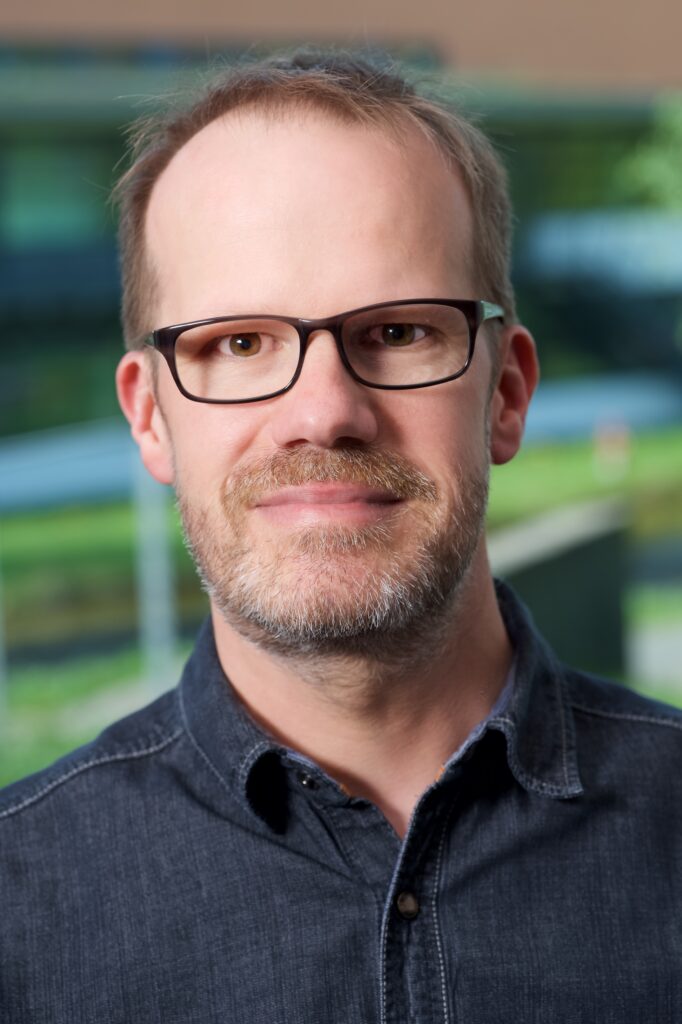
Through the citizen research projects, Federal Research Minister Anja Karliczek wants to accelerate the transfer of knowledge to the population:
“Especially in times of the COVID-19 pandemic, it becomes apparent how important and fruitful a stable cooperation between science and society can be. Citizens’ interest in science and research has never been greater. Our new funding aims to further expand citizen science and strengthen collaboration between scientific institutions and civil society organizations. To this end, 15 new projects with a total volume of nine million euros are being launched this month. The projects offer a colorful range: Citizens are working with science to analyze permafrost using images from the Arctic, develop new insights into rare diseases, or examine historical images in social media. I am very pleased that the selected projects include many different actors from civil society organizations as project leaders and project partners, enabling us to take a further step toward sustainably anchoring citizen science in science and society.”
Selection by jury recommendation
An eleven-member jury of experts had recommended the selected projects to the BMBF: “We were impressed by the thematic diversity of the project ideas submitted,” says Prof. Ortwin Renn, jury chairman. “It shows us that citizen science as a research approach has arrived in many scientific disciplines and also qualitatively enriches classical research.”
Background:
Under the current funding guidelines, civil society organizations were able to apply as project coordinators for the first time. In addition, the funding period for the projects was extended to up to four years. This is because collaborations between science and civil society need a stable basis and time to build up the necessary structures of cooperation.
In order to further develop citizen science and anchor it sustainably in the science system, the BMBF has commissioned research to accompany the funding guidelines. In the next four years, the technopolis Group will analyze the previous funding activities of the BMBF to strengthen citizen science and investigate the effects of citizen science projects in scientific practice, in the structures of the participating institutions, among the participating citizen scientists and the scientists.
Further information at
https://www.bmbf.de/de/buergerforschung-225.html
https://www.bmbf.de/de/wissenschaftskommunikation-und-buergerbeteiligung-12531.html




